Women play significant roles in – and have the potential to increase contributions to – ending malaria: as community health and vector control workers, as advocates and activists, as researchers and innovators, and as leaders who ensure this is a priority for their communities, countries and the world.
This is why Malaria No More is working alongside global health and gender equity partners to explore the urgent and differentiated impacts of malaria on the rights of girls, adolescents and women.
Together, we are building an investment case that applying a more robust gender lens to the malaria fight can accelerate progress toward ending malaria and advance gender equality.
ACHIEVING A DOUBLE DIVIDEND: THE CASE FOR INVESTING IN A GENDERED APPROACH TO THE FIGHT AGAINST MALARIA
Malaria No More is focused on identifying new strategies to accelerate progress for the next 15 years. This includes exploring malaria and gender equality and how to address the differentiated impact that malaria has on women and girls. This report makes the case that ending malaria is an unrealized opportunity for advancing gender and health equity because it is preventable, treatable and beatable. The report lays out investment areas and a framework for action for gendered approaches to malaria.
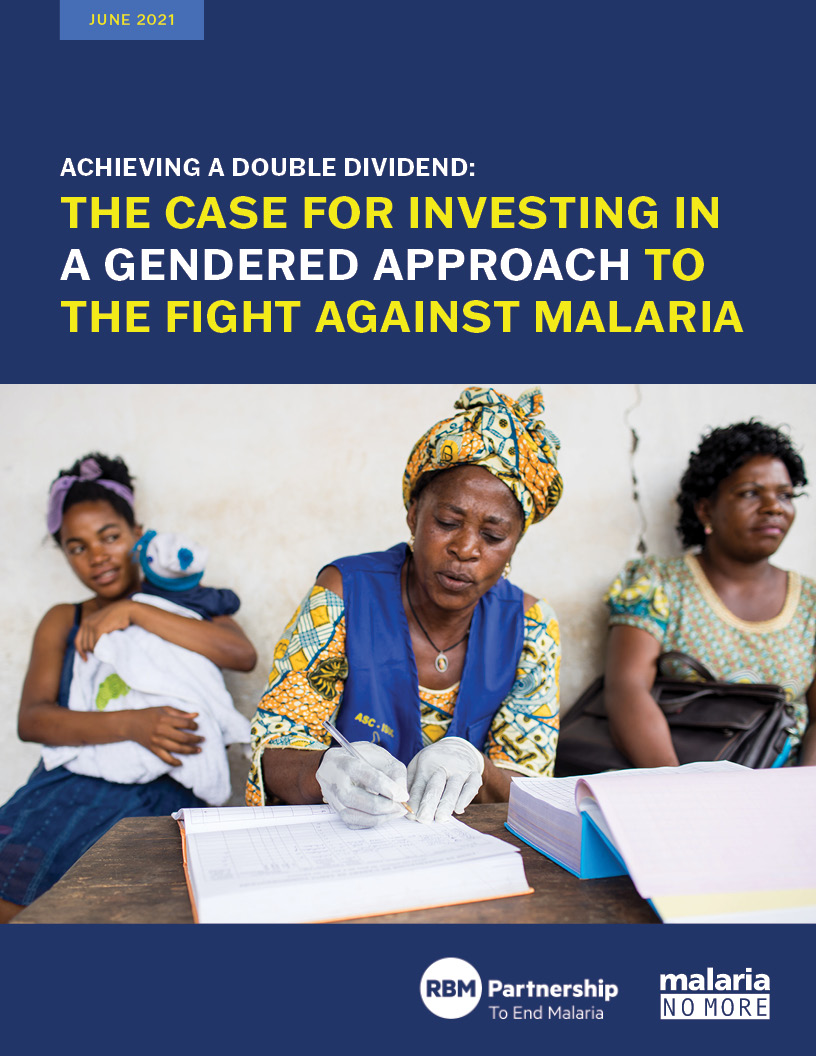
GENDER: A CRITICAL MISSING LENS IN THE MALARIA FIGHT
Malaria No More, with support from the Kati Collective, interviewed global health, malaria and gender equity leaders about the gendered dynamics of malaria. The findings are captured in this Learning Paper.
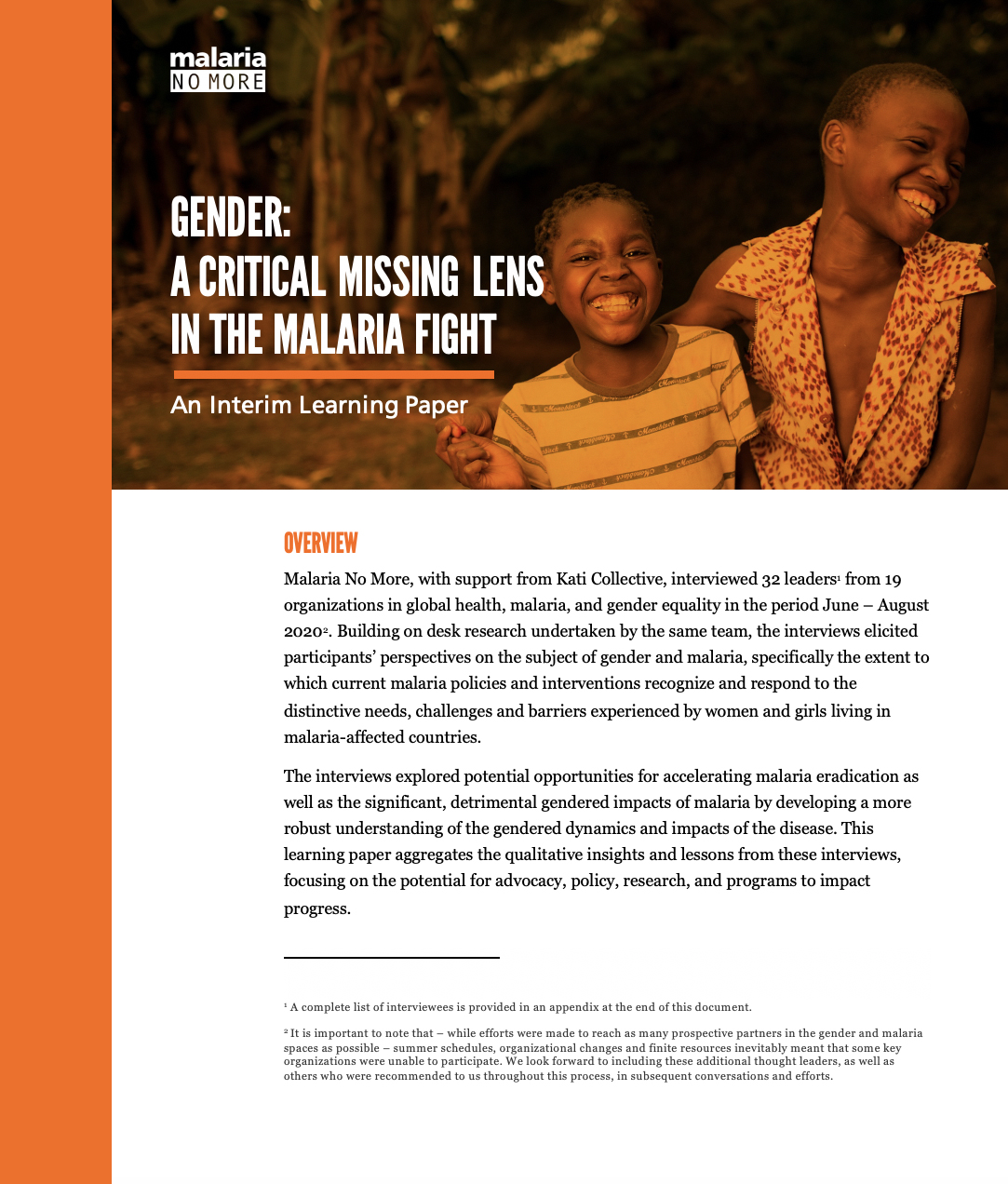
BUILDING AN ACTION AGENDA FOR MALARIA AND GENDER ADVOCACY
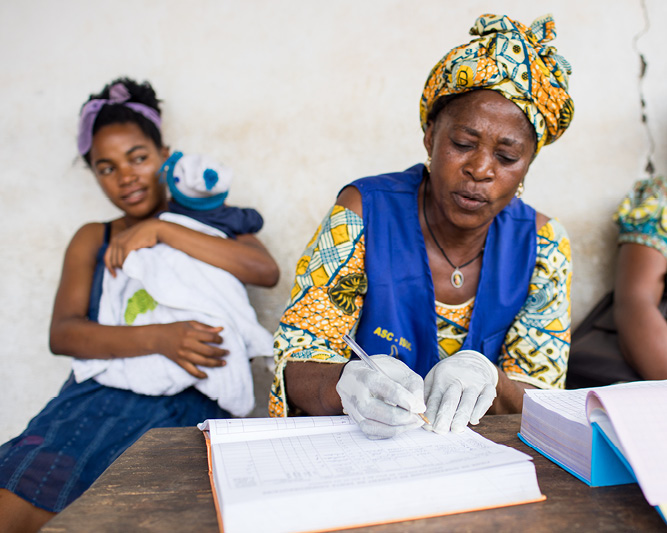
Malaria No More, the RBM Partnership to End Malaria and UN Women co-convene workshops where leaders identified advocacy, policy and programmatic solutions and helped build a framework for a gender-intentional advocacy and investment case for malaria.
Workshops addressed adolescent girls as agents of change, research agendas, systemic and cultural barriers, economic empowerment and leadership.
There is a growing movement calling for an intentional, cohesive and sustained approach to gender and malaria. Gender intentional strategies, policies and programs can deliver a double dividend: accelerate malaria eradication and advance gender equality.
Click below for key messages and an overview of proposed investment areas.
PARTNERS AND COLLABORATORS
We are pleased to engage a growing coalition of partners in building a shared agenda on gender and malaria, spanning advocacy, policy and programs.
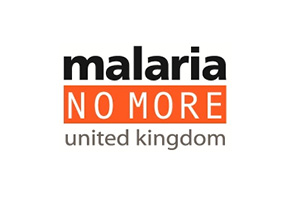
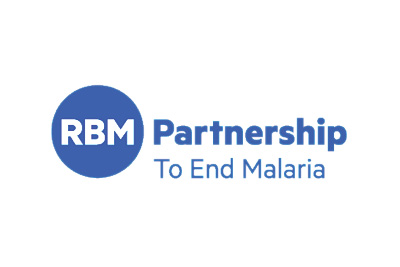
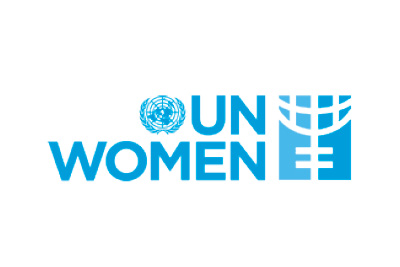
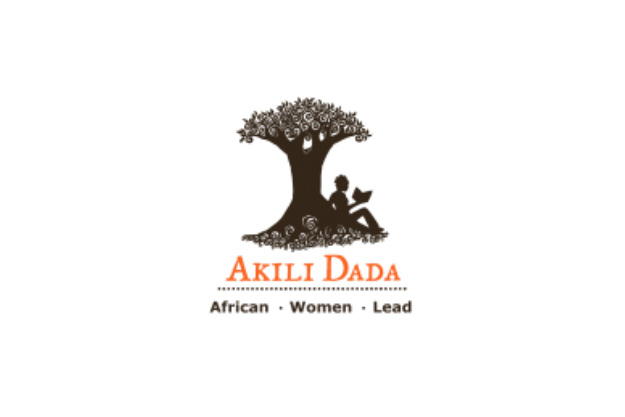
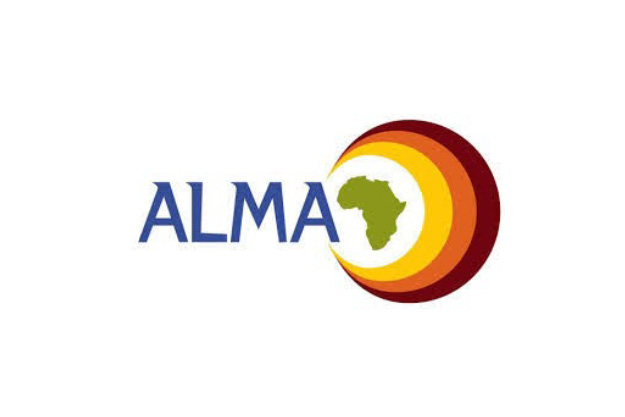
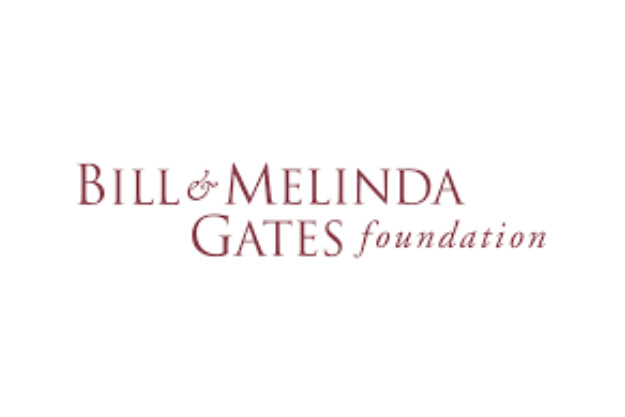
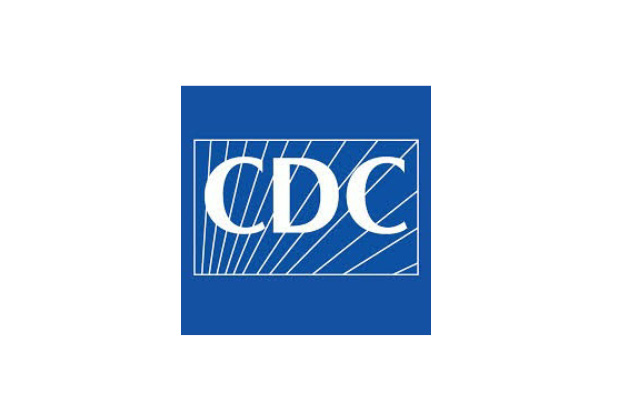
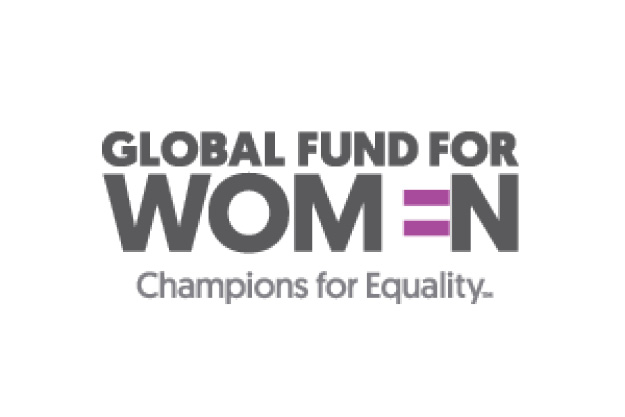
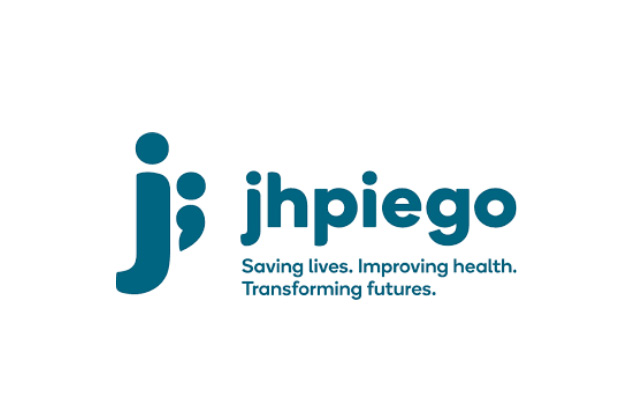
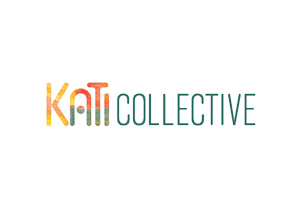
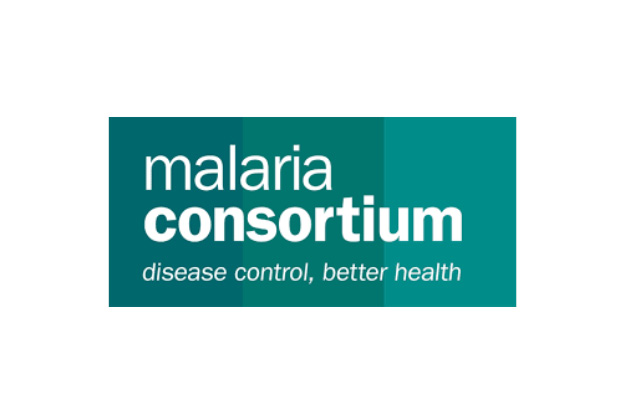
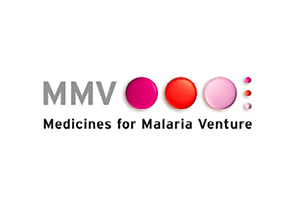
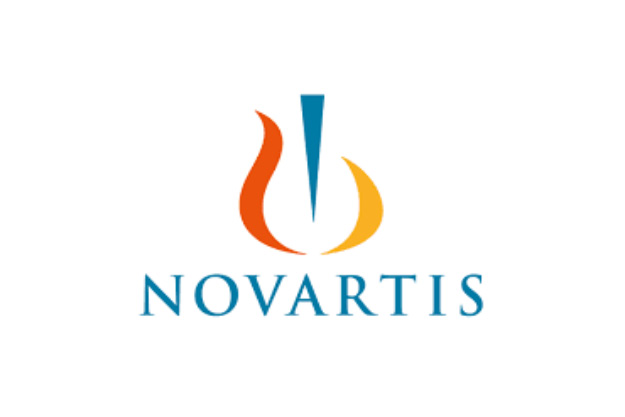
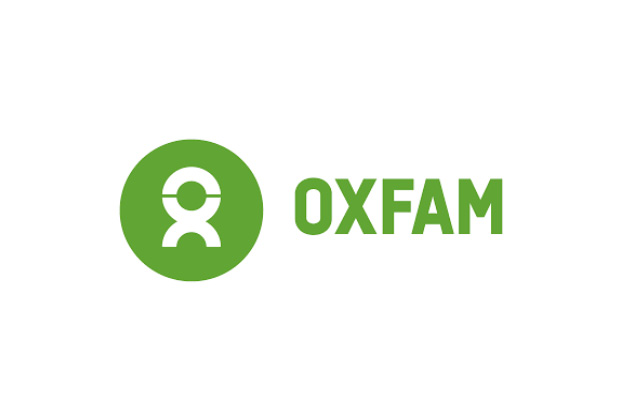
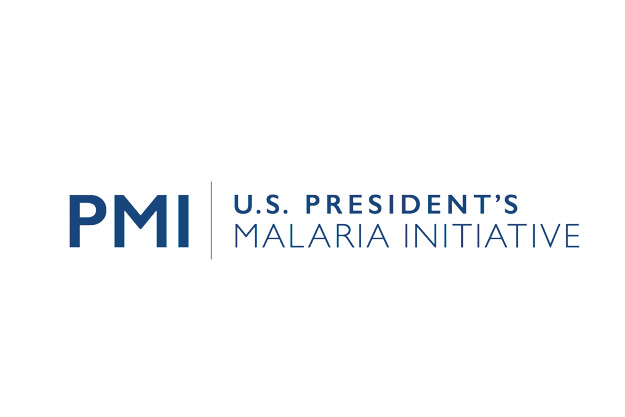
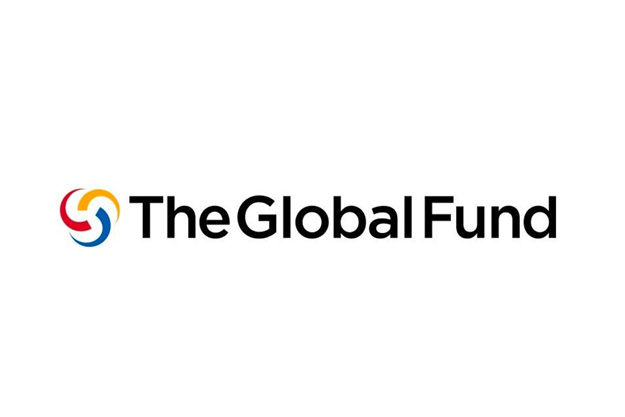
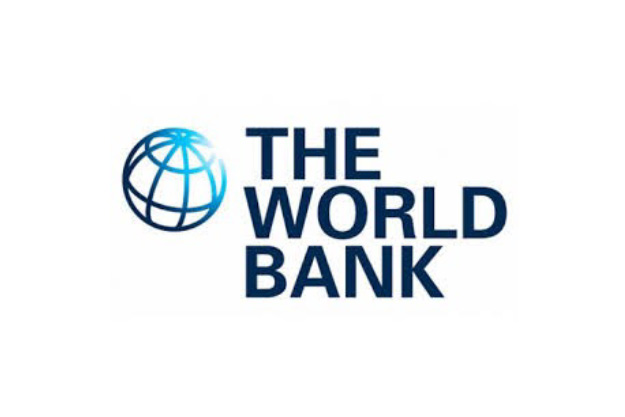

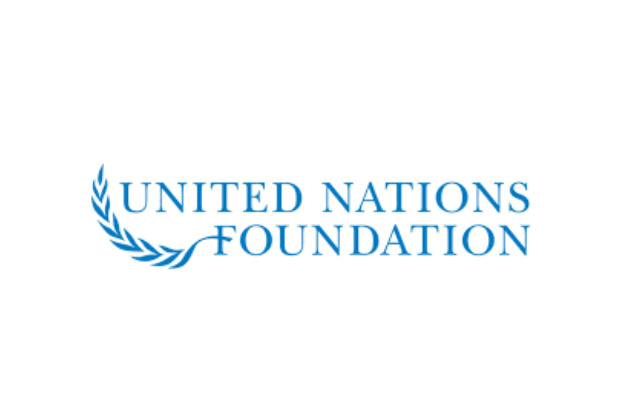
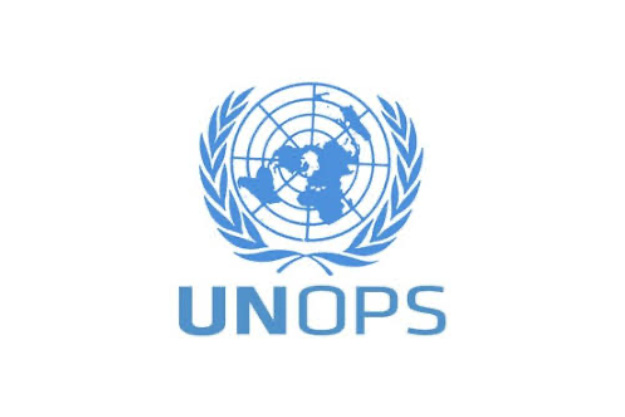
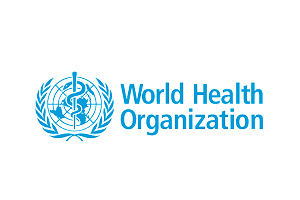
BACKGROUND
Women and girls experience differentiated vulnerabilities to and impacts of malaria, especially during adolescence and pregnancy. Significant adverse ‘ripple-effects’ of malaria due to gendered barriers to prevention and treatment as well as unpaid care-giving for family members with malaria may compromise their schooling, economic empowerment, maturation and life choices, as well as their potential for community engagement and leadership. These hidden gendered impacts underscore and strengthen the urgency and value of malaria eradication.
CONTACT:
To get involved in this initiative or for more information, please contact Michal Fishman, Managing Director, Global Strategic Communications.